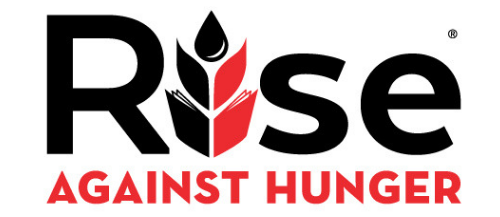Hope and Health for South Sudan — A Q&A with Lift Up the Vulnerable’s CEO
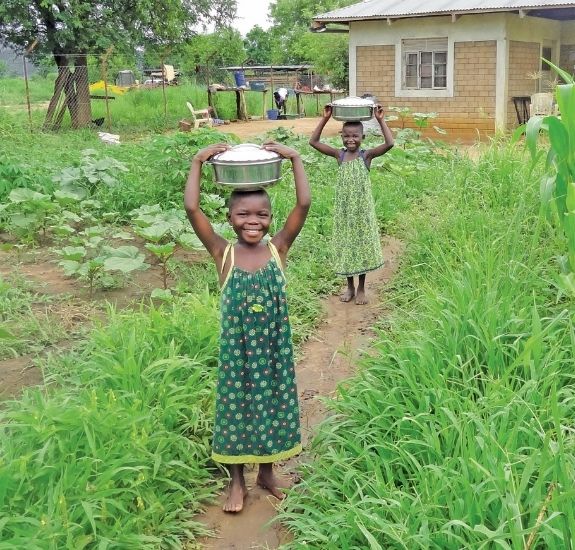
Empowering Leaders through Nutrition-Smart Agriculture is a new Empowering Communities initiative in South Sudan that Rise Against Hunger is implementing with partner Lift Up the Vulnerable! The project aims to empower 400 students at Hope for South Sudan, a residential school and orphanage, and the surrounding community as they work toward food security, improved nutrition and economic independence. The initiative will take place over the next five years, and we’re thrilled to share more with all of you moving forward!
We recently spoke with Audrey Moore, CEO of Lift Up the Vulnerable, about our partnership, the initiative’s objectives and what’s to come over the next five years. To learn more about the project, check out the Q&A below!
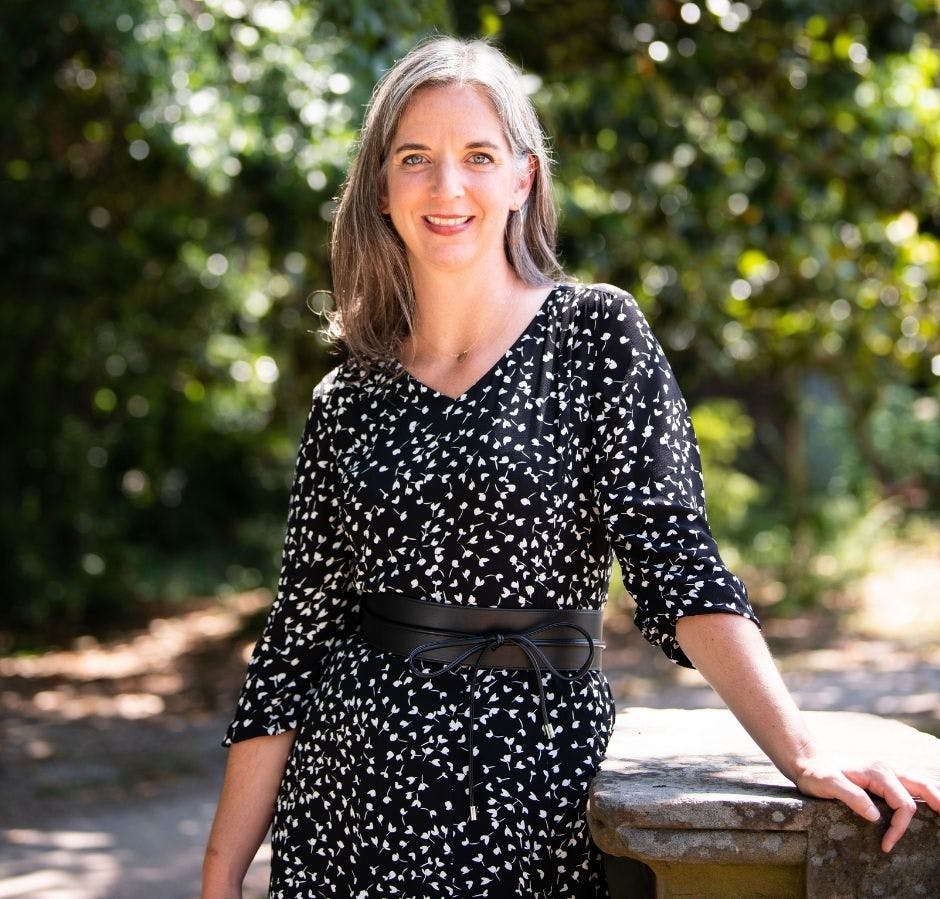
Can you share a little information with our Hunger Champions on who Lift Up the Vulnerable (LUV) is as an organization?
Lift Up the Vulnerable exists to prevent the trafficking and oppression of vulnerable children and women in Sudan and South Sudan and empower them to be changemakers in their communities.
In places of both extreme poverty and war, there is simply nowhere for orphans and widowed woman to find safety and support they need to survive. We work with grassroots local leaders to offer protection, education and economic development. Our solution is a holistic empowerment model that prevents trafficking, violence and exploitation, and enables the world’s most at-risk children and women to access personal and economic opportunities that lead to independence. The ultimate outcome is community-wide transformation that heals war-torn countries from the inside.
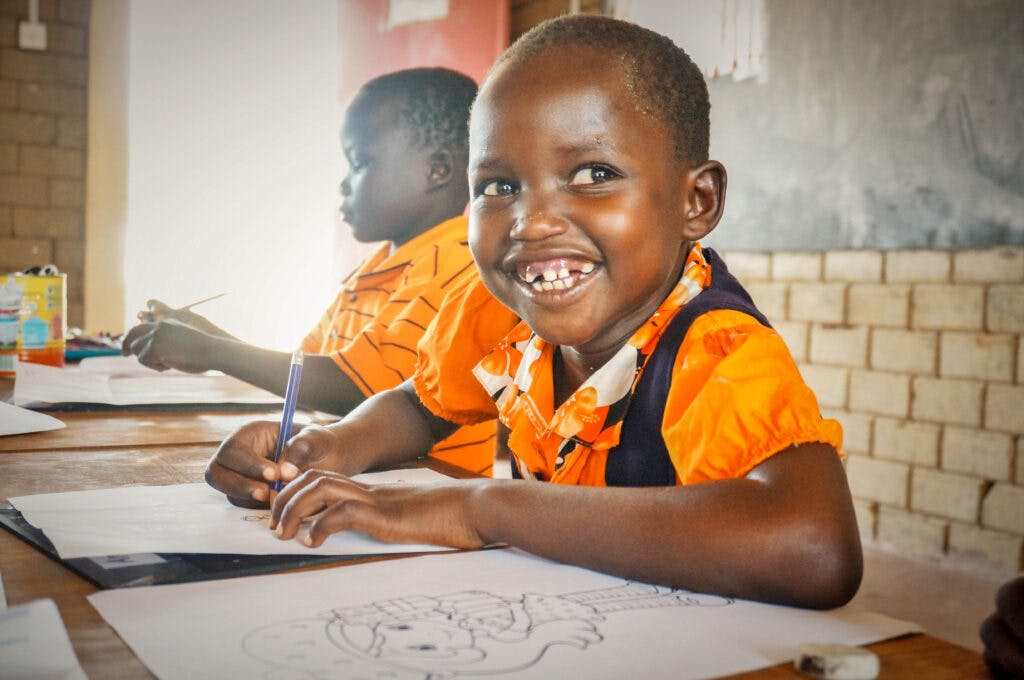
How long have Rise Against Hunger and Lift Up the Vulnerable been in partnership together?
In 2019, our anti-trafficking network became the recipient of Rise Against Hunger emergency food relief. At that time, I was invited to share LUV’s ambitious plans for equipping our indigenous partners with tools and resources to achieve food independence. We already worked with passionate and trusted leaders, gained extensive experience in navigating warzones, access to fertile lands and the means to execute a project of this scale; but, we needed help with technical training and agriculture know-how to make our dream a reality.
When Rise Against Hunger shared more about their Empowering Communities initiatives, I knew our missions had the perfect synergy! Preventing human trafficking in warzones is complicated and requires an agile, integrative approach because exploitation in these regions is caused by complex conditions at every level. By linking arms with Rise Against Hunger, we will be able to grow a larger and longer lasting collective impact for the communities we serve as we take strategic steps towards self-sustainability through agriculture. This partnership will be a game changer for our partners in South Sudan!
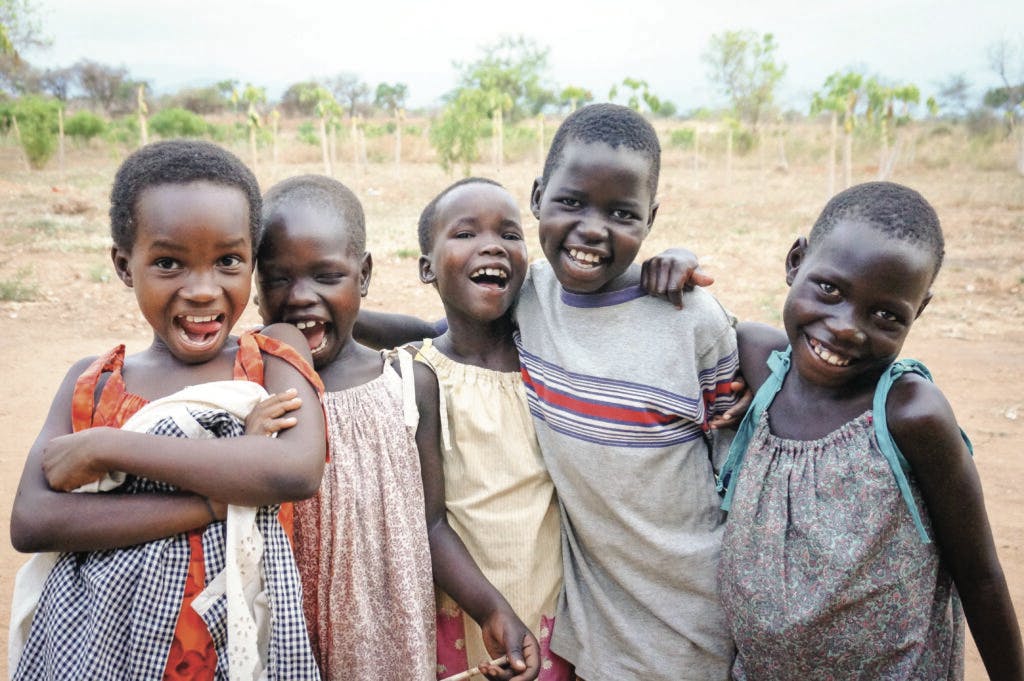
Empowering Leaders through Nutrition-Smart Agriculture is a new Empowering Communities project that Rise Against Hunger and Lift Up the Vulnerable are implementing in South Sudan, a country where Lift Up the Vulnerable does a lot of work. Can you provide some information about the country’s food crises and how hunger is impacting the country?
To understand the country’s food crises, you must also understand that South Sudan and Sudan have been engaged in war for over 5 decades “” the longest civil-war on the African continent. When South Sudan gained its independence in 2011, it didn’t take long for leaders to profiteer from the re-eruption of war in the south. This perpetual conflict has forced millions to flee and destroyed infrastructure at every level: from healthcare, to education, to the economy, to agriculture, to access to clean water, to lack of bridges and paved roads. It’s estimated that half of the country’s population is facing extreme and deadly hunger””more than 7.1 million people.
Our anti-trafficking network began protecting vulnerable children in 2005, and across the board, in each of our three centers spanning hundreds of miles, the children we protect have been almost all malnourished or severely malnourished when they first join our program.
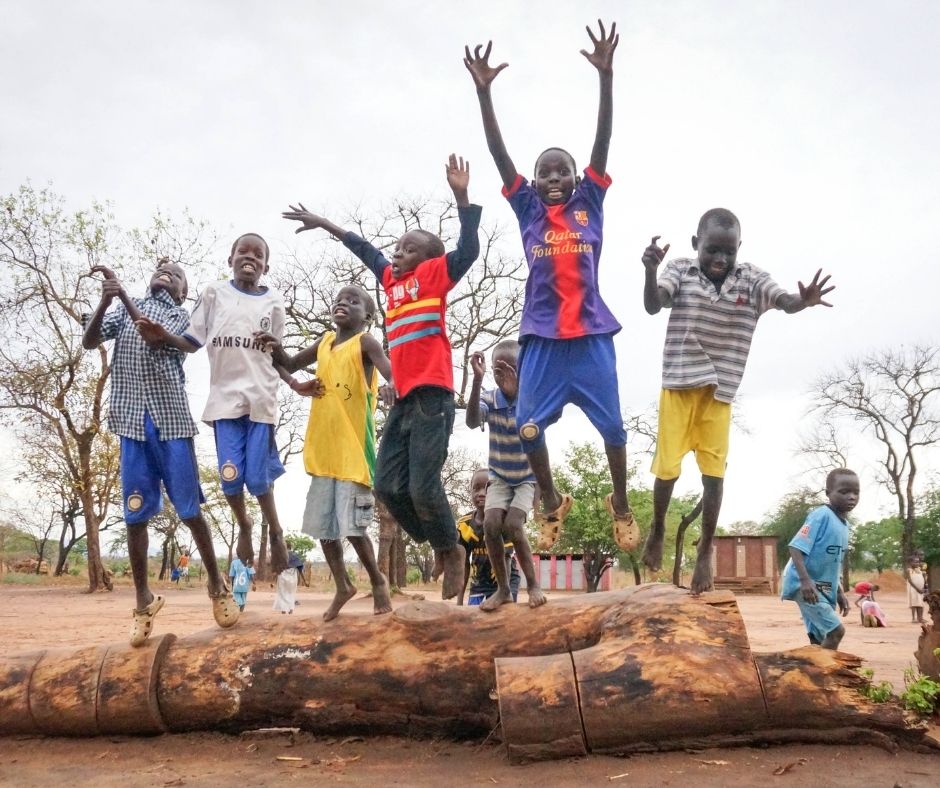
Why is this project a good fit for Hope for South Sudan, the residential school and orphanage for 400 children, and the surrounding community?
Before partnering with Rise Against Hunger, Hope for South Sudan had a small farm and large orchard, but for the past few years, it was cultivating only about 12 acres of a 400-acre farm. Although much of South Sudan is arid, HFSS receives rainfall for 5-6 months each year. The land is flat, the temperature is ideal, and the soil is nutrient rich.
After the first site visit and technical training by Rise Against Hunger in March 2020, our farm more than doubled its capacity to 40 acres, plus the addition of small vegetable gardens! They will soon be harvesting their first crops this month, and our ability to maximize this farm’s untapped potential is now truly possible.
Empowering Leaders through Nutrition-Smart Agriculture is a five-year initiative that aims to build Hope for South Sudan’s capacity in crop production for consumption and income generation, increase dietary diversity for improved nutrition among participants and expand the nutrition knowledge and skills to enable the school to become self-sufficient. What training, programming and assistance will be implemented during that time frame to achieve the project’s goals?
Agriculture technical training will be the heartbeat of the initiative and will grow and deepen each year. The trainings will follow the seasons and stages of the farm and build upon each other toward a thriving farm program. Trainings have already included sessions on farm mapping and the use of year-round vegetable beds to diversify nutrition. In a few months, we will also expand the technical training for bee keeping and animal husbandry””including fish ponds!
In the first three years, the technical training and expansion process will progressively increase to enable the cultivation of enough crops to replace all food imports so this farm can sustain itself independently. This will also include diversifying crop production to sell in the local market, thereby generating income for the purchase of outside foods and funding for their protection and education programs.
In the final two years, the focus will shift toward a community farm school focused on carrying out LUV’s mission of empowerment. Livelihood, agriculture and nutrition trainings will equip local community members with practical skills for homestead farming and increase community wide food independence and economic development, ultimately freeing them from cycles of oppression.
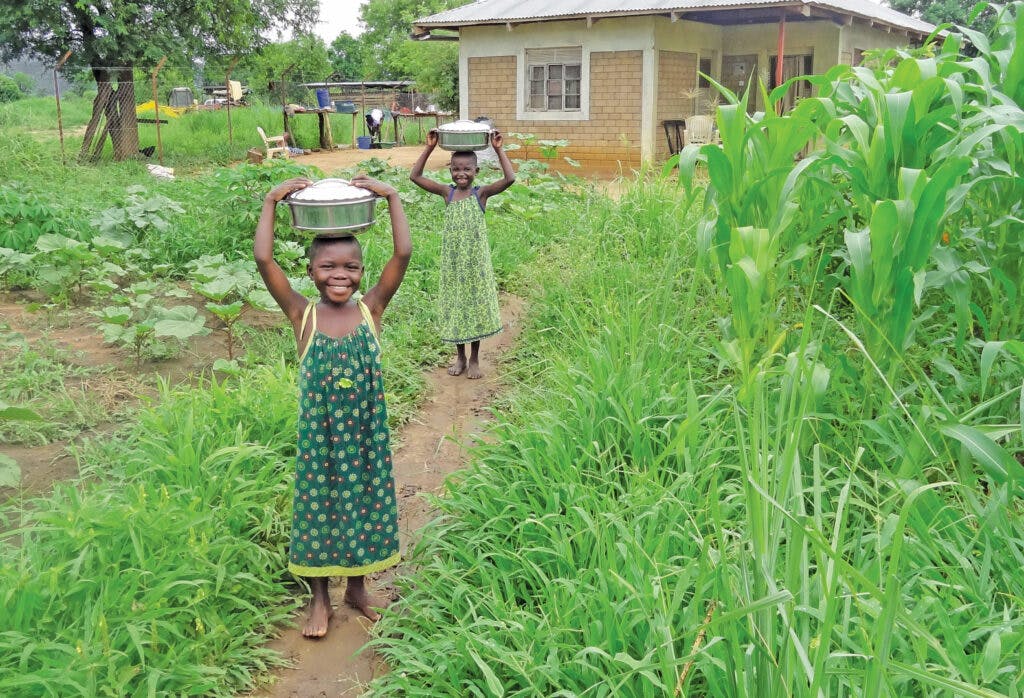
The project only launched a short time ago and won’t wrap until late 2025. What are some things regarding the project that you are looking forward to and hopeful for over the next five years?
We are tremendously grateful and excited for every detail of this initiative. I know I’m also most excited for the ripple effect that will take place once our empowered farm leaders are equipped to perpetuate our mission by lifting up more vulnerable children and women in their community through the farm school.
Here at Rise Against Hunger, we know sustainable agriculture programs like this one are key to empowering communities for years to come and ending hunger. In your own words, can you explain why you also know this to be true?
Grassroots economic development like our sustainable agriculture program are tremendously important for transitioning aid-dependent and insecure communities toward flourishing independently. As your Hunger Champions help Rise Against Hunger invest in this important and innovative work, we will see exploitation and hunger-related issues decrease in our communities.
I believe that the hope and health for South Sudan will come through empowered children and women who have the skills, resources, passion and vision to lift their communities up and transform their country one community at a time.
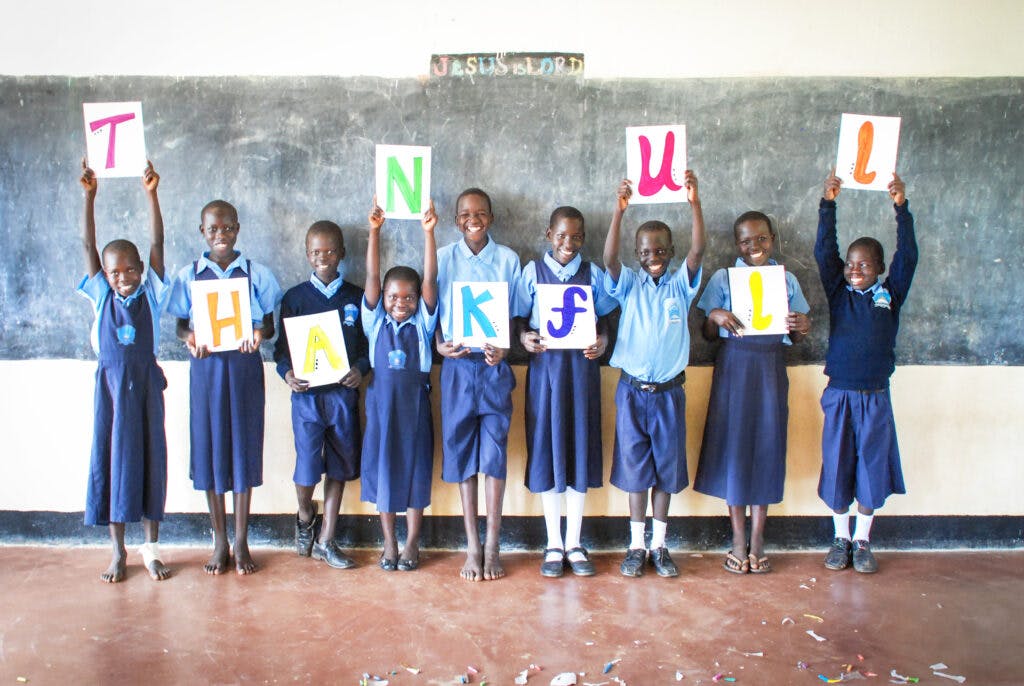
As one of our four Pathways to End Hunger, Rise Against Hunger empowers communities through sustainable agriculture and micro-enterprise projects, including the Empowering Leaders through Nutrition-Smart Agriculture initiative. Learn more about all of our Empowering Communities projects and how you can support them here!
